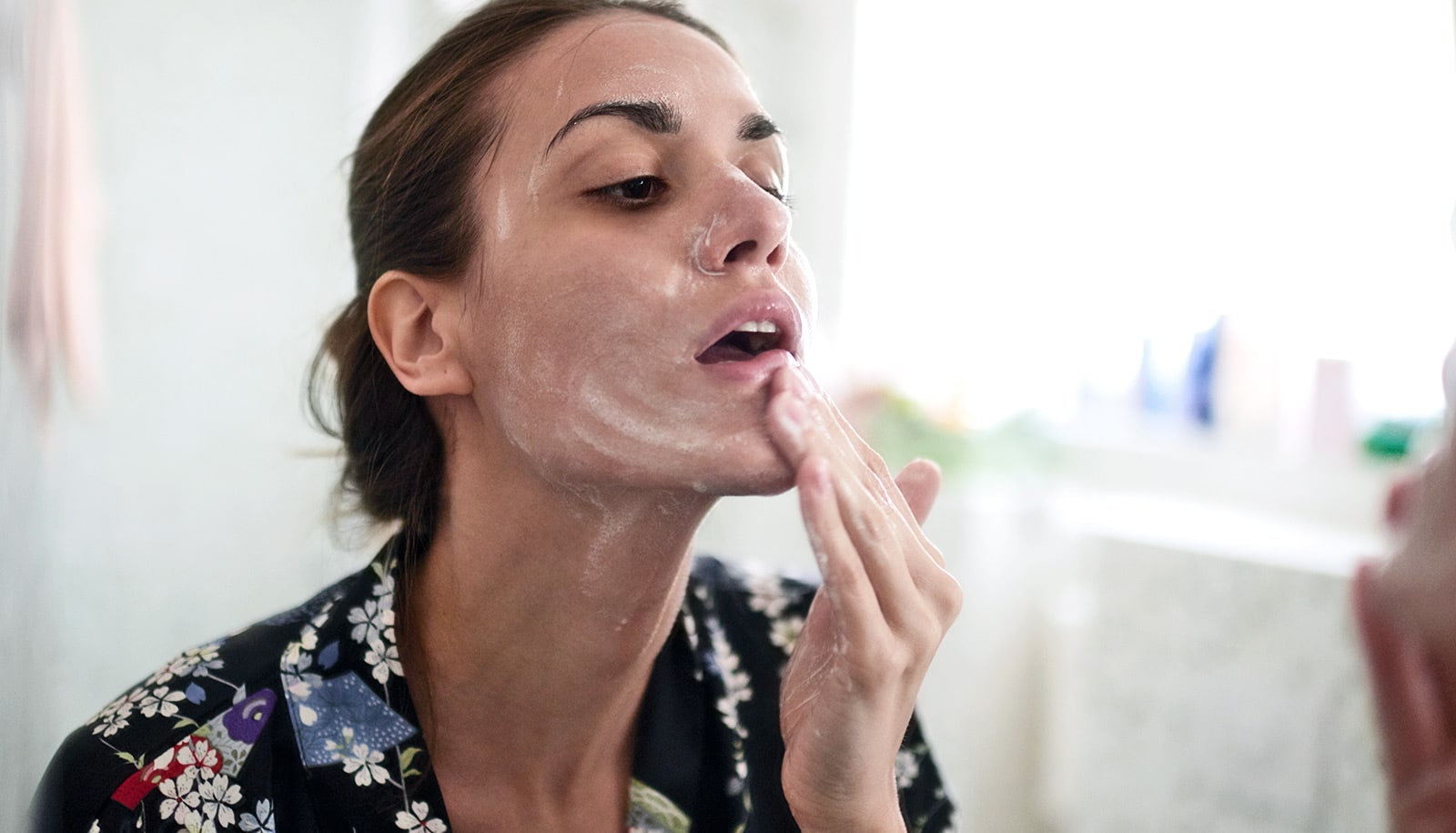
(Credit: Getty Images )
Douching tied to more volatile organic compound in blood
New research looks at correlations between douching and the use of products like tampons and pads to concentrations of volatile organic compounds in the blood.

A new study finds a significant association between vaginal douching and higher blood concentrations of 1,4-dichlorobenzene, a volatile organic compound.
Because black women in the study reported significantly more use of vaginal douching, researchers believe they could be at higher risk of exposure to the chemicals and their negative effects.
According to the study, women who used a vaginal douche two or more times per month had concentrations 81% higher than those that never used one. Women who used douches occasionally (once a month) had 18% higher concentrations of the chemical.
VOCs can be found in a wide-range of products including deodorants, nail polish, and paints. Some of these chemicals have been associated with respiratory symptoms, cancers, and neurological disorders, as well as adverse effects in reproductive systems.
While additional studies are needed, women would be better off heeding the recommendation from the American Society for Obstetricians and Gynecologist not to use certain products, says Ning Ding, a doctoral candidate in epidemiology at the University of Michigan School of Public Health and lead author of the study.
“While they are more concerned about disrupting the balance of bacteria in the genital area or interrupt the pH level, they have not focused on the toxicity of those endocrine disrupting chemicals, which is really important and needs to be highlighted,” says Ding, pointing out that 20-40% of women use this kind of product in the US. “I would recommend women not to douche.”
The study, which appears in the Journal of Women’s Health, uses data from a representative sample of 2,432 women aged 20-49 from the National Health and Nutrition Examination Survey 2001-2004. Participants were asked about their use of various products, including tampons, sanitary napkins (pads), vaginal douches, sprays, powders, and wipes/towelettes.
Researchers used regression models to estimate percentage changes in concentration of VOCs in blood to establish whether a dose-response relationship existed. Eight VOCs—bromoform, bromodichloromethane, benzene, chloroform, dibromochloromethane, 1,4-dichlorobenzene (DCB), and ethylbenzene—were among the chemicals that the researchers studied.
In addition to the relationship between douching and DCB levels, researchers found that the use of feminine powder in the past month was significantly associated with higher concentrations of ethylbenzene.
The researchers say they are conducting a follow-up study looking at more than 100 feminine hygiene products and are following 30 women through a menstruation cycle to determine if there is a correlation between the use of the products and levels of VOCs in their urine.
The National Institute of Environmental Health Sciences and the Centers for Disease Control and Prevention/National Institute for Occupational Safety and Health Grant supported the work.
Source: University of Michigan
The post Douching tied to more volatile organic compound in blood appeared first on Futurity.
Share this article:
This article uses material from the Futurity article, and is licenced under a CC BY-SA 4.0 International License. Images, videos and audio are available under their respective licenses.
Related Articles:
How safe are the products we slather on every day?
Oct. 16, 2019 • futurityDon’t let ‘FDA-approved’ or ‘patented’ in ads give you a false sense of security
Feb. 14, 2024 • conversationLinks/images:
- https://www.futurity.org/volatile-organic-compounds-office-space-2177152/
- https://doi.org/10.1089/jwh.2019.7785
- https://www.futurity.org/menstrual-cycle-fertility-1240182-2/
- https://news.umich.edu/hygiene-products-associated-with-presence-of-chemicals-in-womens-blood/
- https://www.futurity.org/douching-volatile-organic-compounds-2188222-2/
- https://www.futurity.org


